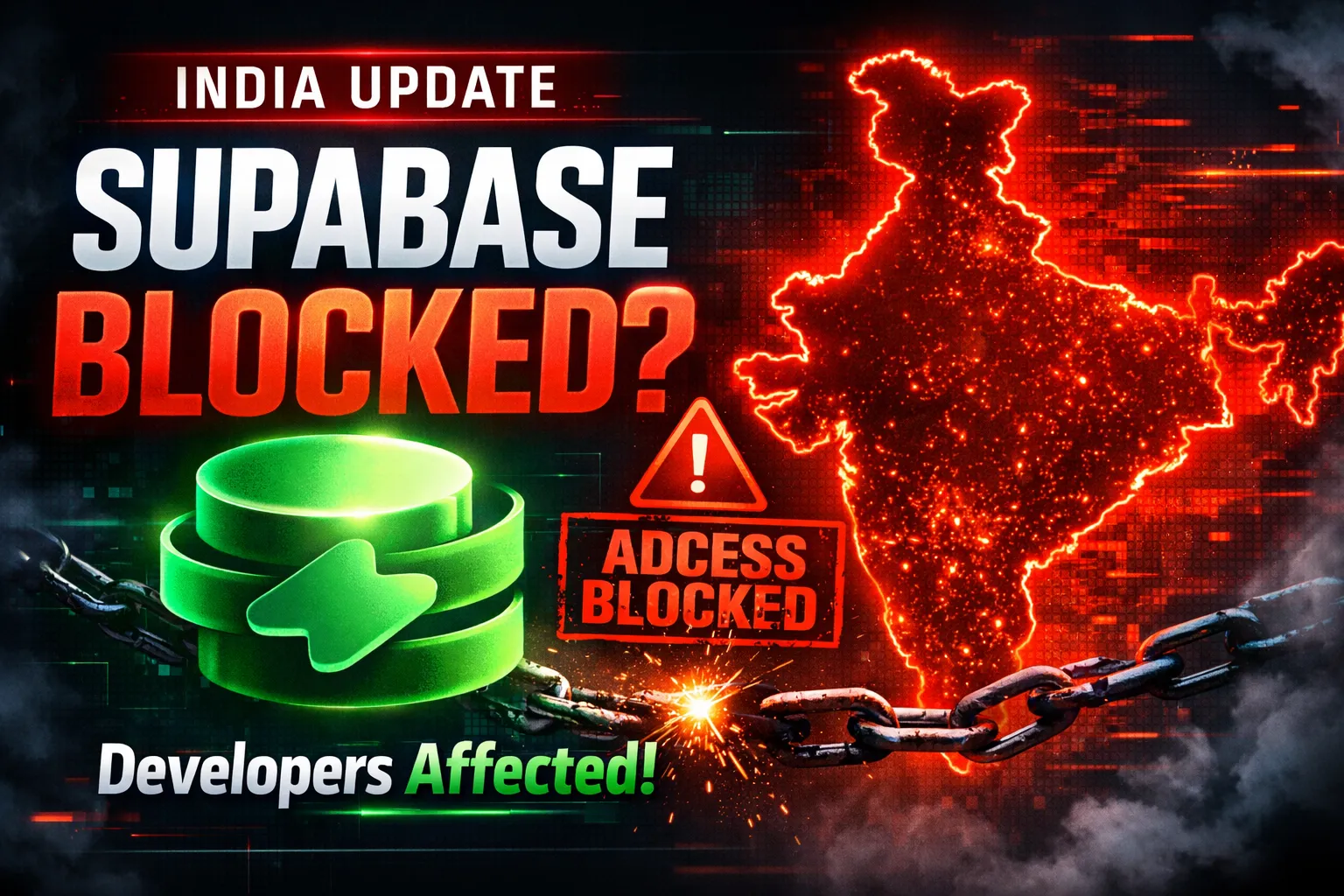M-commerce (mobile commerce) is the buying and selling of goods and services through wireless handheld devices such as smartphones and tablets. M-commerce is a form of e-commerce that enables users to access online shopping platforms without the use of a desktop computer.
Over time, content delivery through wireless devices has become faster, more secure, and more scalable. As a result, mobile commerce has grown rapidly.
Examples of m-commerce include in-app purchasing; mobile banking virtual marketplace apps, such as the Amazon mobile app; and digital wallets, such as Apple Pay, Google Pay, and Samsung Wallet.
Examples of m-commerce use in specific industries include the following:
- Financial Services. Mobile banking and brokerage transactions are done from mobile devices.
- Telecommunications. Handheld devices are used to make service changes and bill payments and to do account reviews.
- Service and retail. Consumers place and pay for orders on-the-fly through online stores.
- Information services. Financial, sports, traffic, weather, and many other news updates are accessed through mobile devices.
Types of m-commerce
M-commerce is categorized based on the following three basic functions:
- Mobile shopping enables customers to buy a product using a mobile device with an application such as Amazon or a web app. A subcategory of mobile shopping is app commerce, which is a transaction that takes place over a native app.
- Mobile banking is online banking designed for handheld technology. It enables customers to access accounts and brokerage services, conduct financial transactions, pay bills and make stock trades. This is typically done through a secure, dedicated app provided by the banking institution. Mobile banking services may use SMS or chatbots and other conversational app platforms to send out alerts and track account activities. For example, the WhatsApp chatbot lets customers view their account balance, transfer funds, review loans, and conduct other transactions in real-time through WhatsApp.
- Mobile payments are an alternative to traditional payment methods, such as cash, check, credit, and debit cards. They enable users to buy products in person using a mobile device. Digital wallets, such as Apple Pay, let customers buy products without swiping a card or paying with cash. Mobile payment apps, such as PayPal, Venmo, and Xoom serve the same purpose and are popular options. Mobile consumers also use QR codes to pay for things on their mobile phones. With mobile payments, users send money directly to the recipient’s cell phone number or bank account.



